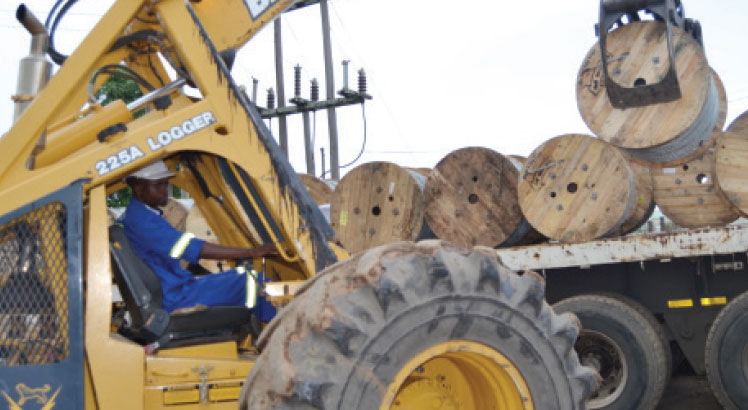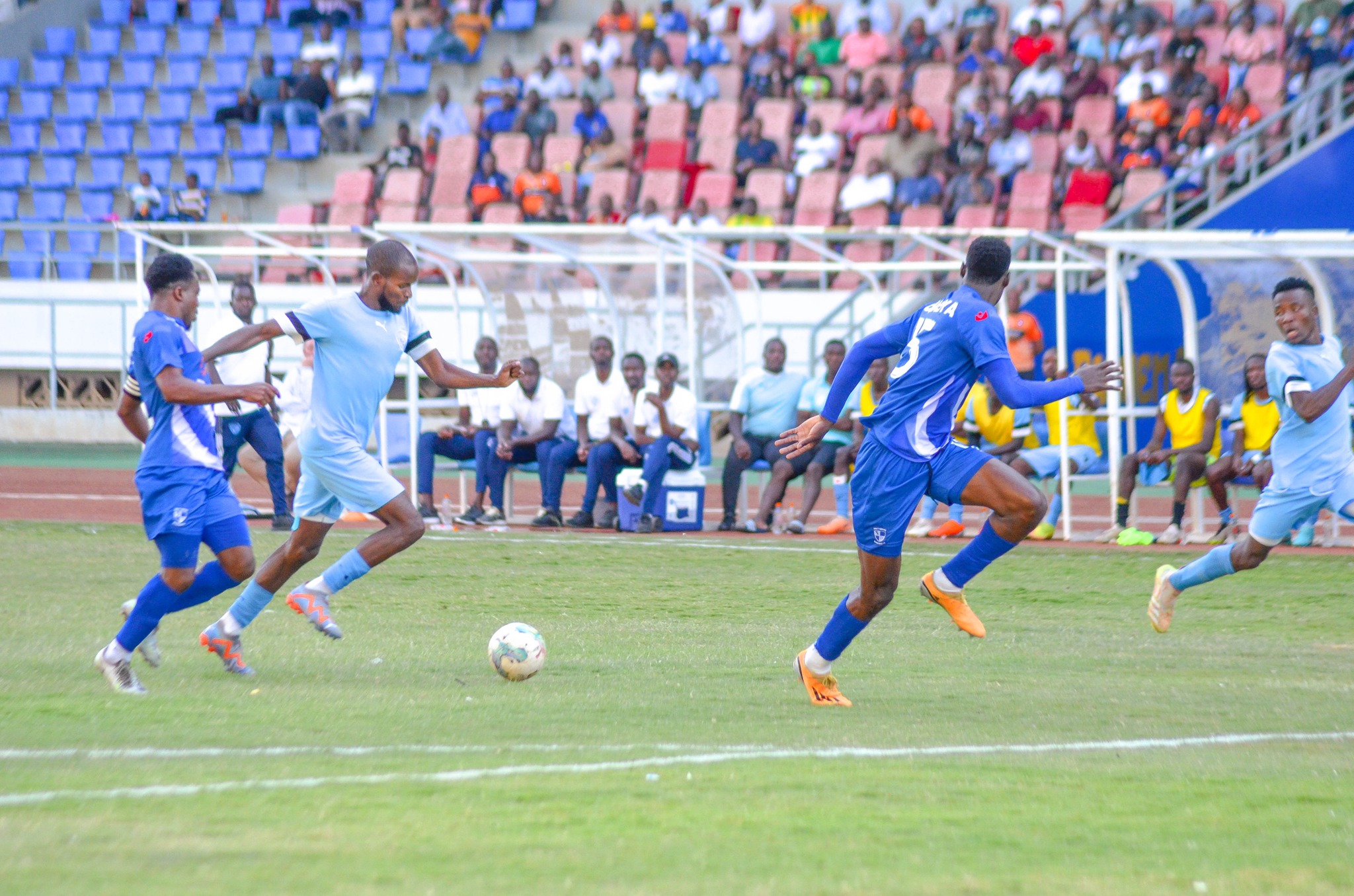K21bn largesse on PAC radar
The Public Accounts Committee of Parliament (PAC) will investigate how the Malawi Rural Electrification Programme (Marep) awarded contracts for the K21 billion Phase IX project which rolled out late last year.
In an interview this week, PAC chairperson Mark Botomani said the move follows a request from Forum for National Development (FND), which alleges that the contract award lacked transparency and smacks corruption.
He said: “It is within our mandate as PAC to institute investigations into such matters.
“The committee has already sought guidance from the Speaker’s office on how to proceed with the matter.”
In an interview, FND executive director Fryson Chodzi said apart from PAC, his organisation also wrote the Anti-Corruption Bureau (ACB) and the Financial Intelligence Authority (FIA) to probe how Marep awarded the contracts, and made advance payments, ranging from K100 million to K3 billion, to the companies.
Section 26 of the Public Procurement Act (2014) under Public Notice of Procurement Contract Awards, mandates a procuring entity to “promptly publish notice of all procurement contract awards when the price of the award exceeds the level set by regulation, and the notice, which shall indicate the contract price and the name and address of the successful bidder, shall be published in the Gazette.”

But Chodzi argues that Marep sidestepped this requirement, saying: “And so we want assurance that what has happened at Marep is legal and within the procurement laws of public procurement.”
FND claims that some of the companies awarded contracts have no capacity to deliver such supplies and that there was no due diligence and vendor rating to determine capacity of the companies when awarding the contracts.
“The companies’ only qualification is either they are owned by politicians or are being used as proxies of the politicians in government. We, therefore, write your institutions to immediately to commence investigation on possible fraud, corruption and collusion on the K21 billion financing that Marep has embarked on,” reads, in part, the letter to PAC, FIA and ACB.
Once the organisations have conducted the investigations, FND wants them to furnish the public with the list of companies awarded, ownership and how much they were awarded.
“There are fears that what is happening at Marep is … corruption, fraud and theft of public resources where companies aligned to the political elite have decided to share public money disregarding the laws of Malawi,” further reads the letter.
FND’s move follows the Ministry of Energy’s announcement in an interview with this paper last month that contracts for the supply and delivery of construction materials for Marep Phase IX were already awarded and materials are being delivered until January 2023.
In its letter dated December 12 2022, the FND has also requested the ACB, FIA and PAC to investigate Marep for making advance payments to the companies ranging from K100 million to K3 billion.
In an interview this week, Chodzi said they were compelled to write the three institutions after the Minister of Energy Ibrahim Matola ignored FND’s letter demanding the ministry to supply them with information pertaining to the programme and names of contractors who have benefitted from the deals.
He said: “We asked the minister for a full disclosure of the contracts, not only names of the companies awarded contracts, but also their directors and the amounts of money they were awarded. He never complied.
“We want assurance that what has happened at Marep is legal and within the procurement laws of public procurement.”
Chodzi said his organisation has not received any feedback from ACB and FIA, but PAC through its chairperson, acknowledged receipt of their letter and promised to get back to them once they meet as a committee.
Matola was not available when contacted while ACB spokesperson Egrita Ndala did not respond to our inquiries, but FIA spokesperson Masauko Ebere said his organisation had not received Chodzi’s letter.
On June 24 last year, the ACB stopped the Ministry of Energy from proceeding with awarding of the contract for the purchase of materials for the implementation of the project.
In its statement, ACB said it had instituted investigations into the matter and issued a restriction notice to the ministry stopping the process following complaints it received alleging irregularities and suspected corruption surrounding the procurement process of the materials.
Before ACB launched investigations in April 2021, Parliament’s Committee on Natural Resources and Climate Change summoned officials from Treasury to shed more light on why Marep had not been audited for 23 years.
This was after information emerged that the flagship project has never been audited despite spending over K40 billion per year from the fuel levy, a development that raised fears of massive abuse of public funds.
Consumers Association of Malawi (Cama) in a separate interview expressed concerns over the alleged abuse of funds under the programme.
Cama executive director John Kapito observed that despite operating for several years and drawing huge sums of public funds very little has been achieved as Marep “is essentially masked in high levels of corruption.”
Implementation of Phase IX of the project, which was to run from October 2020 to April 2021 to connect 575 sites, has been halted three times since June 2020 when the Tonse administration came to power. On average, one site connects 60 households or units, meaning that from the 575 sites the project will connect 34 000 households with electricity.
But the validity period for the bids expired on March 16 2021 before the audit was concluded. This resulted in the Public Procurement and Disposal of Assets Authority director general to decline extending the bid validity period on June 7 2021 as the ministry had made the request outside the period.
The project suffered the first hitch in July 2020 following a government stop order on all procurement contracts to enable the new administration to carry out an audit of prospective contracts and ascertain their transparency and credibility.
Marep was established in 1980 and was being financed jointly by donors and the Malawi Government. In 1995, the Government of Malawi took over implementation of the programme with the Ministry of Energy as the implementing agency.
The programme, whose objective is to increase access to electricity for people in peri-urban and rural areas of the country, is executed in phases and since its inception, eight phases have been implemented.n





